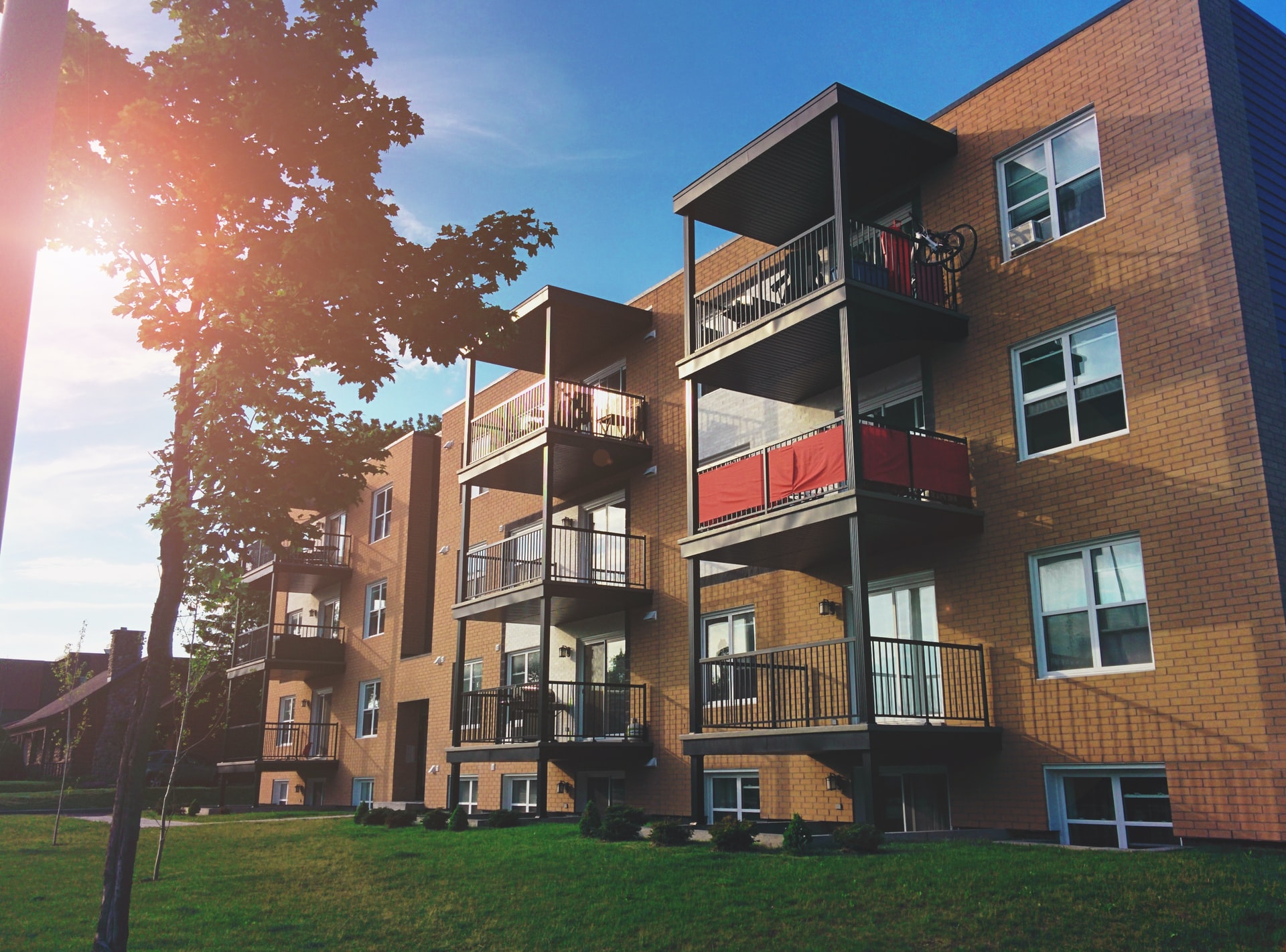Water is an essential part of daily living, using it to clean yourself and your home, as well as drinking it or eating foods that have been washed or cooked. With how prevalent water is, it is important to understand the quality of it in your home and if it is suitable for your needs. Look for ways to not only identify the quality of your water but also improve it.
Using and Cleaning Your Aerators
If you are unsure what an aerator is, it is an attachment that you use on your taps and faucet heads. These are small additions that you find will increase water pressure by incorporating air into the water flow. As great as these components are, you do have to periodically clean them from time to time. Bacteria can build anywhere, and one of the places that it is possible is within any aerators. Be sure to check your faucets and clean them accordingly to increase the quality of your water.
Maintain Your Plumbing
As you continue to use your plumbing and pipes, it is important to regularly maintain your plumbing systems. The plumbing of your home will age, translating to increased buildup of different minerals and elements in your pipes and water systems. Older pipes could contain increased amounts of lead, which can be toxic to the human body as it accumulates over time. Caring for your pipes and plumbing can be done by simply running water through them regularly, preventing them from freezing or idle water from building up. Other ways to ensure that your pipes are properly maintained is to make sure it is by having proper insulation and keeping the temperature in your home consistent, as this will help avoid pipes from freezing and bursting.
Avoid Hot Water for Consumption
When using your taps, there are certain practices you can abide by to help with your water quality. When using water that you intend to consume whether drinking it or eating something that has been cooked in it, it is best to not use hot water straight from the tap. It may seem convenient to use hot water as it will heat up faster.
However, when you access hot water from your taps, you risk contaminants in it, as the hot water breaks down particles in the plumbing and carries it along when exiting your taps. It is best to draw cold water, then subsequently heat it up to minimize the minerals and particles from your taps, as well as killing bacteria that remain in the water prior to using it for cooking or drinking.
Filter Your Water
One way to help improve the quality of your water is by filtering the water in your home. Filtering systems immediately improves the quality of the water that runs through your pipes and ultimately exits your taps. The benefits of having filtered water, as highlighted by wholehousewaterfiltrationsystem.com, extend from the food and drinks you consume to your laundry and the showers you take. Testing and improving the quality of the water in your home is essential for your overall health.
Boil Water for Drinking or Cooking
If you are concerned mostly about the water that you drink or cook with, one step you can take to ensure water is safe is through boiling it. The heat in the water kills off bacteria or other microorganisms and contaminants that could be left if your water does not run through any sort of filtration system. This is important as you ingest this through the water you drink, but also the food you eat since a lot of your food is cooked in water. If your home is lacking such filtration options, this is the best solution for you.
Test Your Water
If you are at all concerned about the quality of your water, one way to help you evaluate it is simply by testing it. There are different test kits and tools that you can use to check your water for impurities, bacteria, ph levels, and other identifiers of the quality. With this knowledge, you can take the steps to correct your problems without speculation, whether that means repairs or renovations to your plumbing, or simply changing a few basic practices.
It is not always harmful to drink water with a few minerals or impurities in it, as it only helps with your body and your immune system. It is, however, important to understand what levels of water quality are safe for consumption and general usage. You want to make sure that everyone in your household is safe when it comes to the water they are exposed to.









































